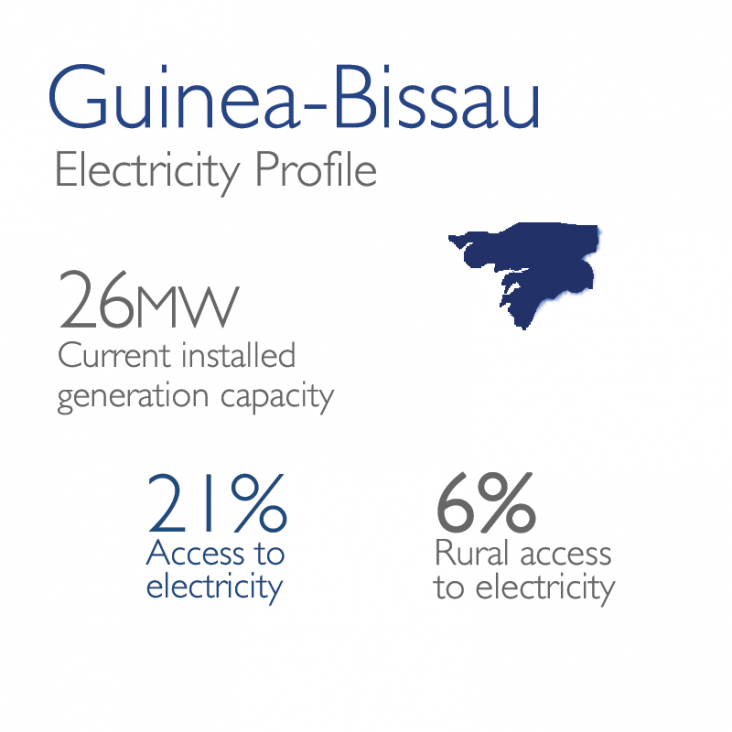- Where We Work
- Interactive Map
- Afghanistan and Pakistan
- Africa
- African Union
- Power Africa
- About Us
- How We Work
- Partners
- News & Information
- Power Africa Toolbox
- Where We Work
- Angola
- Benin
- Botswana
- Burkina Faso
- Burundi
- Cameroon
- Chad
- Côte d`Ivoire
- Democratic Republic of the Congo
- Djibouti
- Eritrea
- Ethiopia
- Gabon
- Gambia
- Ghana
- Guinea
- Guinea Bissau
- Kenya
- Lesotho
- Liberia
- Madagascar
- Malawi
- Mali
- Mauritania
- Mozambique
- Namibia
- Niger
- Nigeria
- Republic of Congo
- Rwanda
- Senegal
- Sierra Leone
- South Africa
- South Sudan
- Swaziland
- Tanzania
- Togo
- Uganda
- Zambia
- Trade and Investment Engagement
- Angola
- Benin
- Botswana
- Burkina Faso
- Burundi
- Cameroon
- Central Africa Regional
- Central African Republic
- Chad
- Côte d'Ivoire
- Democratic Republic of the Congo
- Djibouti
- East Africa Regional
- Ethiopia
- Ghana
- Guinea
- Kenya
- Lesotho
- Liberia
- Madagascar
- Malawi
- Mali
- Mauritania
- Mozambique
- Namibia
- Niger
- Nigeria
- Republic of the Congo
- Rwanda
- Sahel Regional
- Senegal
- Sierra Leone
- Somalia
- South Africa
- South Sudan
- Southern Africa Regional
- Sudan
- Swaziland
- Tanzania
- Uganda
- West Africa Regional
- Zambia
- Zimbabwe
- Asia
- Europe and Eurasia
- Latin America and the Caribbean
- Middle East
- Mission Directory
Guinea Bissau
POWER AFRICA FACT SHEET

Guinea Bissau’s electricity grid, managed by the state-run National Electricity and Water Corporation (EAGB, its acronym in French), experiences frequent outages and has total technical and commercial losses of 47%. Poor maintenance and planning has resulted in a total grid capacity of only 5 MW, and an electricity tariff equivalent to US$0.40/kWh. Consequently, most large consumers rely on gasoline or diesel generators or other independent sources of electricity, though these may cost up to four times the national tariff. A 2010 reform strategy focused on increasing generation capacity and improving operational performance has been overshadowed by political turmoil. Based on 2013 data, Guinea Bissau’s national electrification rate reached 21%, (6% in rural areas and 37% in urban areas).
Sources:







Comment
Make a general inquiry or suggest an improvement.